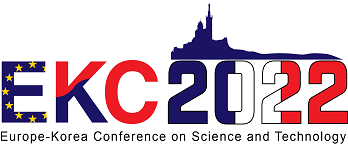
|
| Lifestyle exposures and cancer risk and survival: evidence from population-based cohort studies |
| DR. FREISLING, Heinz |
| International Agency For Research On Cancer (IARC/WHO) |
| Dr. Heinz Freisling is a Scientist and Team leader of the Nutrition, Cancer and Multimorbidity Team at the International Agency for Research on Cancer (IARC-WHO) in Lyon, France. He earned undergraduate and PhD degrees in molecular nutrition and nutritional epidemiology at the University of Vienna. His current research interests are focused on understanding the role of diet, nutrition, and metabolic health, and their interplay with genetic susceptibility in the etiology of major chronic diseases, in particular cancer, but also diabetes, and cardiovascular diseases. This will be done in large, mostly prospective, observational studies that are accessible for research such as the European Prospective Investigation into Cancer and Nutrition (EPIC) cohort, the UK Biobank, but also primary care databases and genetic consortia. He is currently coordinating five large on-going research projects in cancer epidemiology as Principal Investigator. His scientific competence is exemplified by over 170 peer-reviewed publications in major scientific journals, with many as first or senior author. |
|
|






